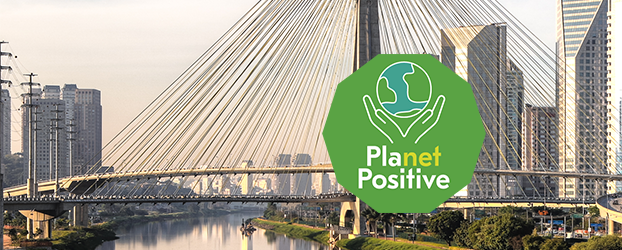We work with a large group of suppliers all over the world. We have a continuous dialogue on supplier innovations and ways to support our customers’ business, and we drive supplier sustainability development through many different actions. This blog highlights some of the actions that were taken in 2020 and shortly summarize our future plans.
Strengthening the supplier engagement
Due to the merger, we had to ensure that all our suppliers were aware of the changes in our supplier practices. Therefore, we organized a global supplier day to showcase our Supplier Code of Conduct, which sets the standards for our suppliers and forms the basis for cooperation. It covers areas such as health and safety, child and forced labor, human rights, anti-corruption, compliance with laws and regulations, environment and climate change, and more.
We started to engage with our biggest and most energy-intensive suppliers to review their CO2 targets. In the first pilot project, we engaged with suppliers in energy-intensive sectors. In order to involve our suppliers in the battle against climate change, we have set a target that 30% of the supplier spend by the end of 2025 is with partners who have set science-based emissions targets. This was also recognized by securing a position on CDP’s 2020 Supplier Engagement Leaderboard. We have also set a target for logistics to reduce CO2 emissions by 20% by 2025.


